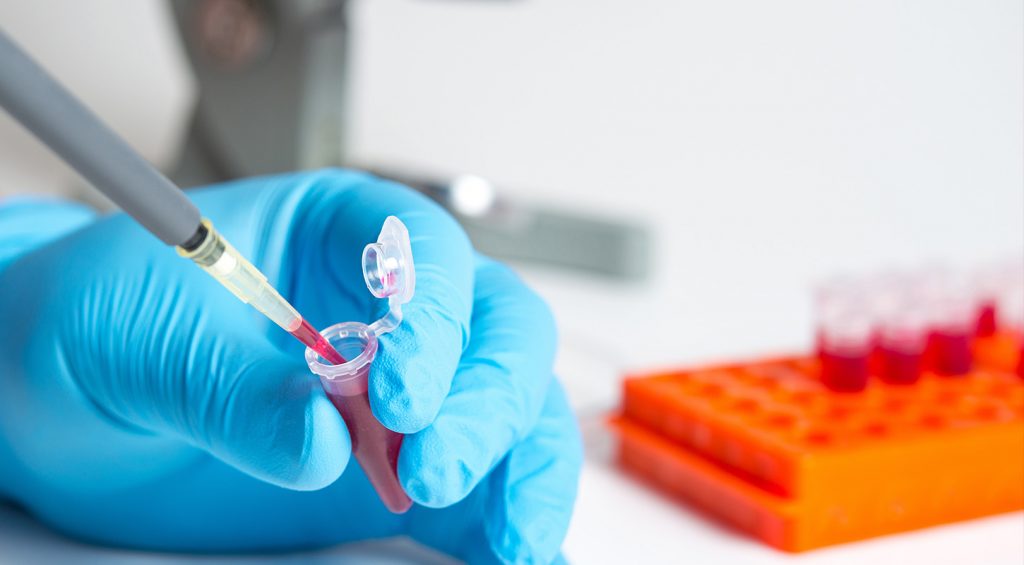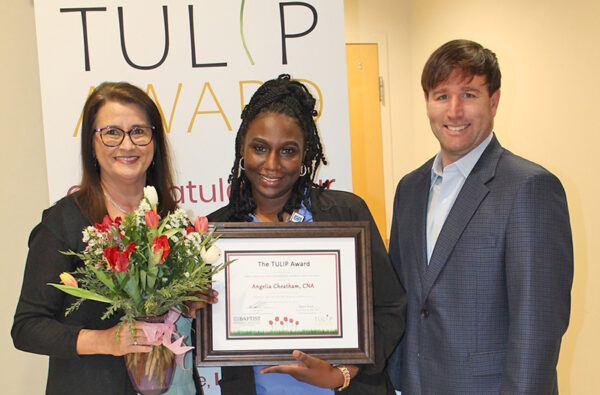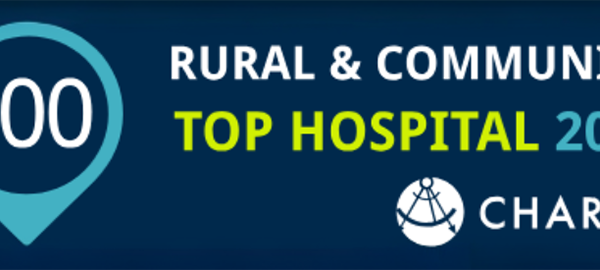For Dr. Ana Karabell, pediatric endocrinologist with BMG Endocrine Clinic, P.C., and the research team, the ultimate goal is clear: find a cure for Type 1 diabetes (T1D) or at least a way to delay its onset.
Dr. Karabell is the principal investigator in a National Institutes of Health (NIH)-supported, TrialNet research study involving a simple blood test that can detect a person’s risk of developing T1D years before symptoms appear. This “Pathway to Prevention” screening, conducted every year in more than 200 locations worldwide, is the first step in the TrialNet prevention study.
The unique screening not only can identify the early stages of T1D before any symptoms appear, it also helps researchers learn more about how T1D develops and plan new studies exploring ways to prevent it. The blood test is offered free and voluntarily to relatives of people with T1D to evaluate their personal risk of developing the disease.
Screening is available at The Endocrine Clinic, 5659 S. Rex Road in Memphis, for those who:
- Are between the ages of 1 and 45 and have a parent, brother, sister or child with T1D
- Are between the ages of 1 and 20 and have an aunt, uncle, cousin, grandparent, niece, nephew or half-brother/sister with T1D
- Have no family history of T1D but are known to have 1 or more islet antibodies and are currently not diagnosed with diabetes
- Have not been diagnosed with diabetes
To arrange a screening, call 901-763-3636 extension 1204/1203. Participants do not have to reside in Memphis or the Mid-South, and there is no charge.
“This study is so important for many reasons,” said Dr. Karabell. “Type 1 diabetes starts with a genetic predisposition—gene(s) that put you at higher risk. This disease can strike anyone. Type 1 diabetes is not caused by overeating, obesity or a sedentary life. Relatives who choose to participate in this study have different reasons. Some want to help researchers understand this disease, while others would like to know their risk of developing diabetes in the future.”
Dr. Karabell says of those screened, less than 5% will be positive. If participants do test positive, Dr. Karabell contacts them personally and arranges a re-screening to confirm the results.
Participants are playing a valuable role in the fight against T1D. “This research directly benefits the community,” said Dr. Karabell. “Our ultimate goal is to detect T1D in its earliest stage and slow down or stop disease progression. In addition, TrialNet will stay in touch with participants in the future to update them on advancements in the treatment of T1D.”
In people with T1D, the immune system mistakenly attacks healthy, insulin-producing cells and destroys them. There are three distinct phases of T1D: the first two stages can be identified by TrialNet screening prior to symptoms. Risk for people in the general population is about 1 in 300, while those with family members with T1D have a 1 in 20 risk.
TrialNet was established in response to the Surgeon General’s Report Healthy People 2000. The TrialNet family is made up of physicians, scientists and health care teams at the forefront of T1D research. BMG Endocrine Clinic, P.C, is affiliated with Vanderbilt University Medical Center, one of 25 T1D TrialNet International Clinical Centers at the forefront of T1D research. This is the first NIH study involving BMG Endocrine Clinic.
For Dr. Karabell, the fight against T1D literally keeps her on the move. She urges everyone to attend the JDRF walk on Saturday, Oct. 6, at Shelby Farms in Memphis, Tennessee. The race is the organization’s major fundraiser. To register online, go to www.walk.jdrf.org.
For more information, please visit: https://www.trialnet.org/






